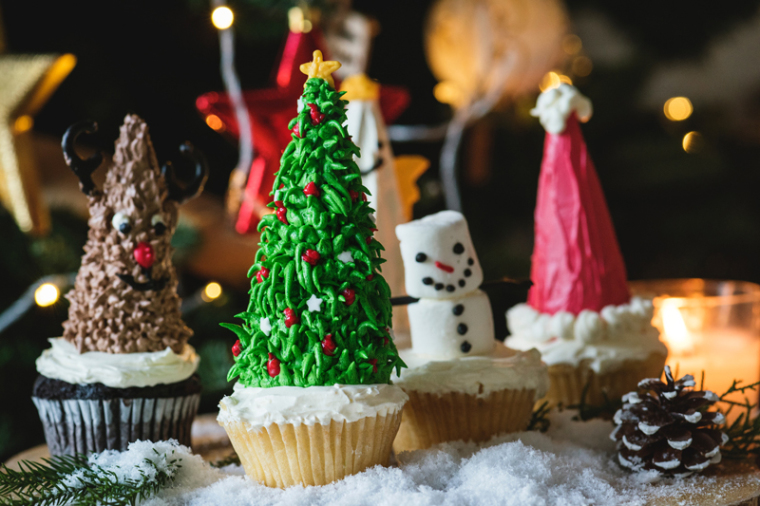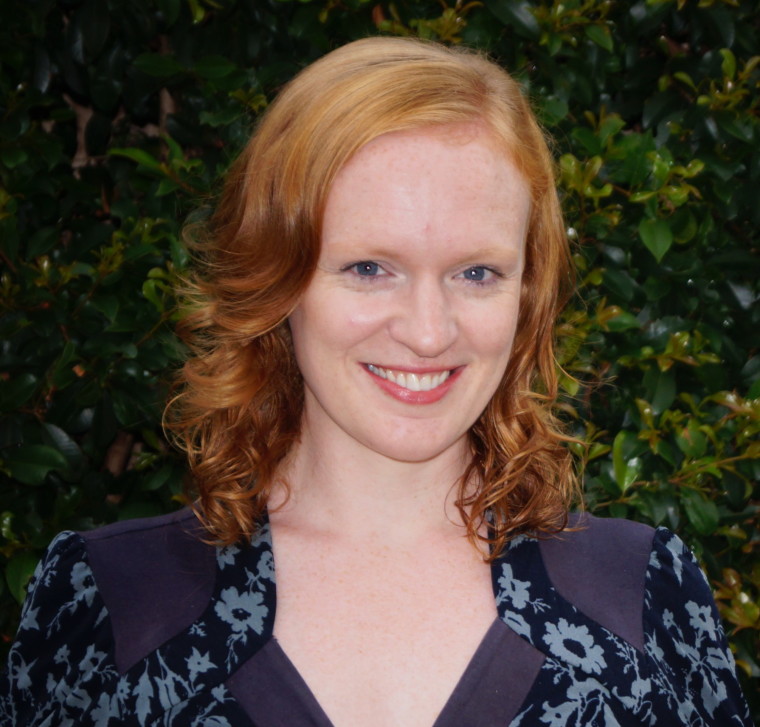
My sisters and I joke that we grew up with the Christmas Grinch. Our mum hates the commercial fuss of Christmas and has always tried to avoid the material focus: no tree, no decorations, and no fussy Yuletide crafting sessions.
Occasionally my sisters and I would rally, decorating a bedraggled tree we found on the side of the road next to a sign marked 'free to a good home'. Or there was the year we set up a play tent in the corner of the lounge and decked it out with every Christmas decoration we could find—two square metres of tinsel overload.
Now, don't feel too sorry for us just yet. The joke about the Grinch is affectionate, really. My memories of childhood Christmases are still full of the heady wonder of expectation...
...of the promise of summer holidays, the crinkle of crisp wrapping paper, the scent of lamb roasting in the oven, of family parties and sing-alongs, of carol singing on the back of a trailer, of candlelit church services, our rustic moss-covered nativity set, freshly sliced ham with new potatoes, Dad's homemade Christmas cake, and... strangers.
You read that right: strangers
Every year, at the last minute, my parents would invite people we barely knew to our Christmas celebration; people who had nowhere else to go on Christmas Day: the lonely, the outcast, and the forgotten.
I HATED it.
One Christmas, as a teenager, my specific Christmas wish was to have a family-only Christmas Day celebration. But there was someone in our church who would be alone, and Mum couldn't help it—she had to invite him.
Of course it was always fine once we settled in; by the time we were seated at the table, roast carved and new potatoes dished, the guests felt like family. Yet, every year I felt the same selfish protectiveness of our family Christmas.
I disliked the weird awkwardness of including outsiders in our celebration. I hated the forced intimacy of sharing a meal with people who put the 'strange' in stranger. Christmas was supposed to be about family!
Seated at the table
I now see our family's Christmas traditions with the clarity of adulthood. As a child I foolishly reasoned that shiny, sparkly things were more valuable.
The meaning of the first Christmas cannot be captured by tinsel. The first Christmas was a glimmer of light in a world of darkness, the birth of hope in despair.
We all know what it is to bear the burden of our own shortcomings: our pride, our failures, our selfishness, and the consequences of the evil deeds of others. Into this burden-laden world God sent hope. Christmas celebrates God's great gift to us: his son, Jesus.
Because of Jesus we are no longer the lonely, the outcast, the forgotten. Jesus bears our burdens, exchanging them for his light load. Because of Jesus we now have an invitation to the most lavish event you could ever imagine: God's table.
Those who were lonely are now part of God's family.
Those who were lost are now found.
Those who were forgotten are now included.
Those who bear heavy burdens are given rest, and hope, and life.
And those who were proud and selfish are humbled. Yes, Christmas is a time of sharing, intimacy and family celebrations—but it all points to the best celebration of all.
Maybe I was the real Grinch all along.
First published December 11, 2015

Sophia Sinclair's previous articles may be viewed at http://www.pressserviceinternational.org/sophia-sinclair.html